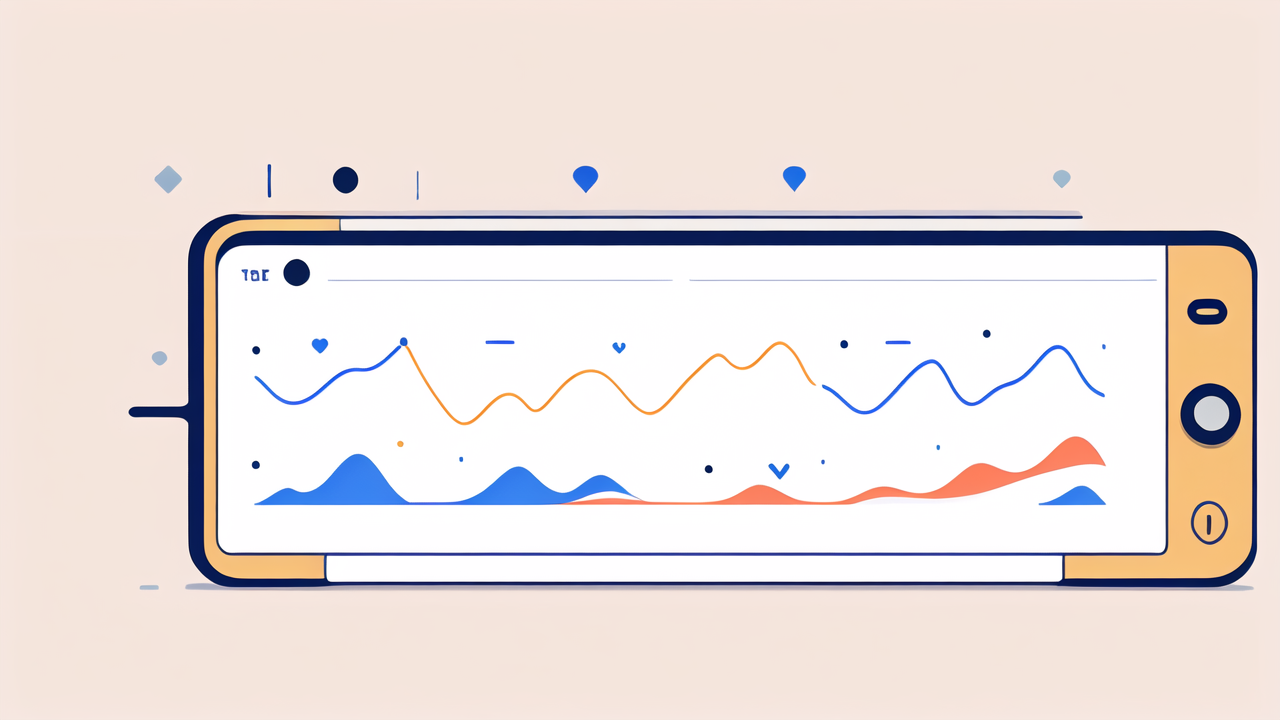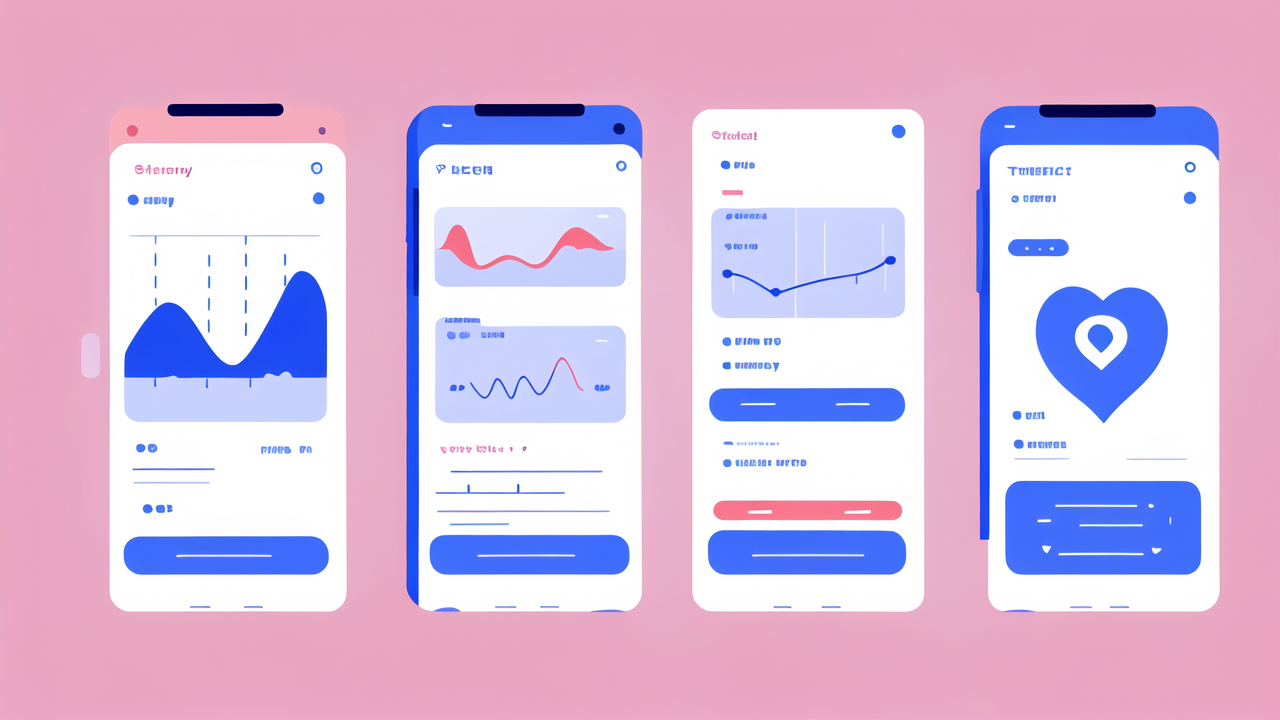Understanding Activity Trackers: A Dive into Their Importance and Functionality
What Are Activity Trackers?
Activity trackers are wearable devices that monitor and record fitness-related metrics. They come in various forms, such as wristbands, watches, or clip-ons. These gadgets track steps, calories burned, and sleep patterns. Some advanced models measure heart rate, blood oxygen levels, and even stress levels. Activity trackers sync with smartphones or computers, allowing users to view their data on apps or websites. They've become popular tools for people looking to improve their health and fitness. Many find them motivating, as they provide real-time feedback on physical activity and progress towards goals.

The Role of Activity Trackers in Enhancing Workout Efficiency
Activity trackers play a crucial role in boosting workout efficiency. They provide valuable data that helps users understand their fitness levels and progress. By tracking metrics like heart rate and calories burned, these devices offer insights into workout intensity. This information allows users to adjust their routines for optimal results. Activity trackers also set reminders to move, encouraging consistent physical activity throughout the day. Many models offer personalized workout suggestions based on user data. This feature helps individuals tailor their exercise plans to their specific needs and goals. Overall, activity trackers serve as personal fitness coaches, guiding users towards more effective workouts.
Key Features to Look for in an Activity Tracker
Heart Rate Monitoring for Improved Cardiovascular Health
Heart rate monitoring is a crucial feature in modern activity trackers. It provides real-time data on your cardiovascular performance during workouts. This feature helps users maintain their target heart rate zone for optimal fat burning and endurance building. Some trackers offer continuous heart rate monitoring, even during rest periods. This data can reveal important insights about overall heart health and stress levels. Advanced models can detect irregular heartbeats, potentially alerting users to serious health issues. When choosing a tracker, look for accuracy in heart rate readings and ease of data interpretation. The best trackers will offer detailed heart rate analytics to help you improve your cardiovascular fitness over time.

GPS and Mapping for Outdoor Enthusiasts
GPS and mapping features are essential for those who enjoy outdoor activities. These functions allow trackers to accurately record distance, pace, and routes for activities like running or cycling. Some trackers offer real-time GPS tracking, providing current speed and distance information during workouts. Advanced models may include built-in maps, allowing users to explore new routes safely. Look for trackers with long battery life when GPS is active, especially for endurance athletes. Some trackers can even provide navigation assistance, helping you find your way back to your starting point. For hikers and trail runners, trackers with altimeter features can measure elevation changes. When choosing a tracker, consider the accuracy and detail of its GPS and mapping capabilities.
Advanced Metrics for Fitness Professionals
For fitness professionals or serious athletes, advanced metrics are crucial. Look for trackers that offer detailed performance analytics. These may include VO2 max estimates, which measure oxygen consumption during exercise. Recovery time recommendations help prevent overtraining and reduce injury risk. Some trackers provide running dynamics, such as cadence and ground contact time. These metrics can help improve running form and efficiency. Advanced trackers might offer training load and training status features. These help users understand if they're training effectively and making progress. For swimmers, look for trackers with water resistance and the ability to track laps and strokes. The best trackers for professionals will offer customizable data fields and the ability to export data for further analysis.
Selecting the Right Activity Tracker for Your Needs
Assessing the Compatibility with Your Lifestyle and Fitness Goals
Choosing the right activity tracker depends on your lifestyle and fitness objectives. First, consider your primary activities. If you're a runner, prioritize GPS and advanced running metrics. For gym-goers, focus on strength training features and rep counting. Swimmers should look for water-resistant models with swim tracking capabilities. Think about your daily routine. Do you need a tracker that looks professional for the office? Or a rugged one for outdoor adventures? Consider battery life. If you're always on the go, look for long-lasting models. For those new to fitness, user-friendly trackers with simple interfaces might be best. More experienced users might prefer trackers with detailed data analysis. Remember, the best tracker is one you'll wear consistently.

Comparing Cost vs. Features: Finding the Best Value
When selecting an activity tracker, balancing cost and features is crucial. High-end models offer advanced metrics but come with a hefty price tag. Mid-range trackers often provide a good mix of features at a reasonable cost. Consider which features are must-haves for your fitness journey. Basic step counting and sleep tracking are available in most affordable models. Heart rate monitoring and GPS typically increase the price but can be worth it for serious athletes. Look for trackers that offer free app access without hidden subscription costs. Some brands offer better value by providing regular software updates and new features. Read user reviews to gauge long-term reliability and customer support quality. Remember, the most expensive tracker isn't always the best fit for everyone's needs.
The Future of Fitness: Upcoming Innovations in Activity Trackers
The future of activity trackers looks exciting with new innovations on the horizon. We can expect to see more advanced health monitoring features. These might include blood pressure tracking and continuous glucose monitoring. Artificial intelligence will play a bigger role in providing personalized fitness advice. Trackers may soon offer real-time coaching based on your body's response to exercise. Integration with smart home devices could allow for a more holistic approach to health. Imagine your tracker adjusting your home's lighting and temperature based on your sleep patterns. Battery life will likely improve, with some trackers potentially using body heat for power. As technology advances, we may see trackers become even more discreet, perhaps as smart clothing or jewelry. The focus will shift towards preventive health, with trackers detecting potential issues before they become serious.




Leave a comment
This site is protected by hCaptcha and the hCaptcha Privacy Policy and Terms of Service apply.